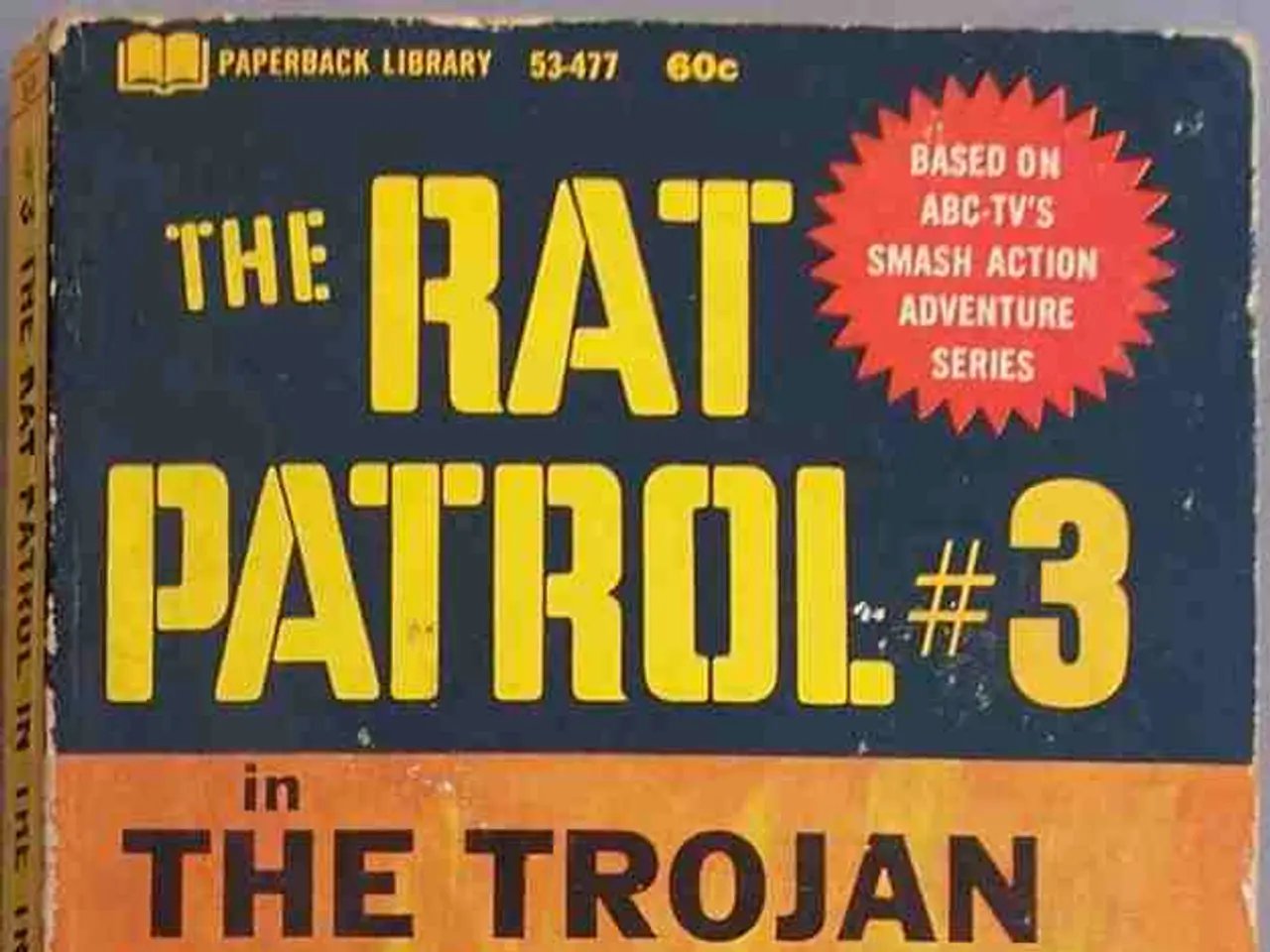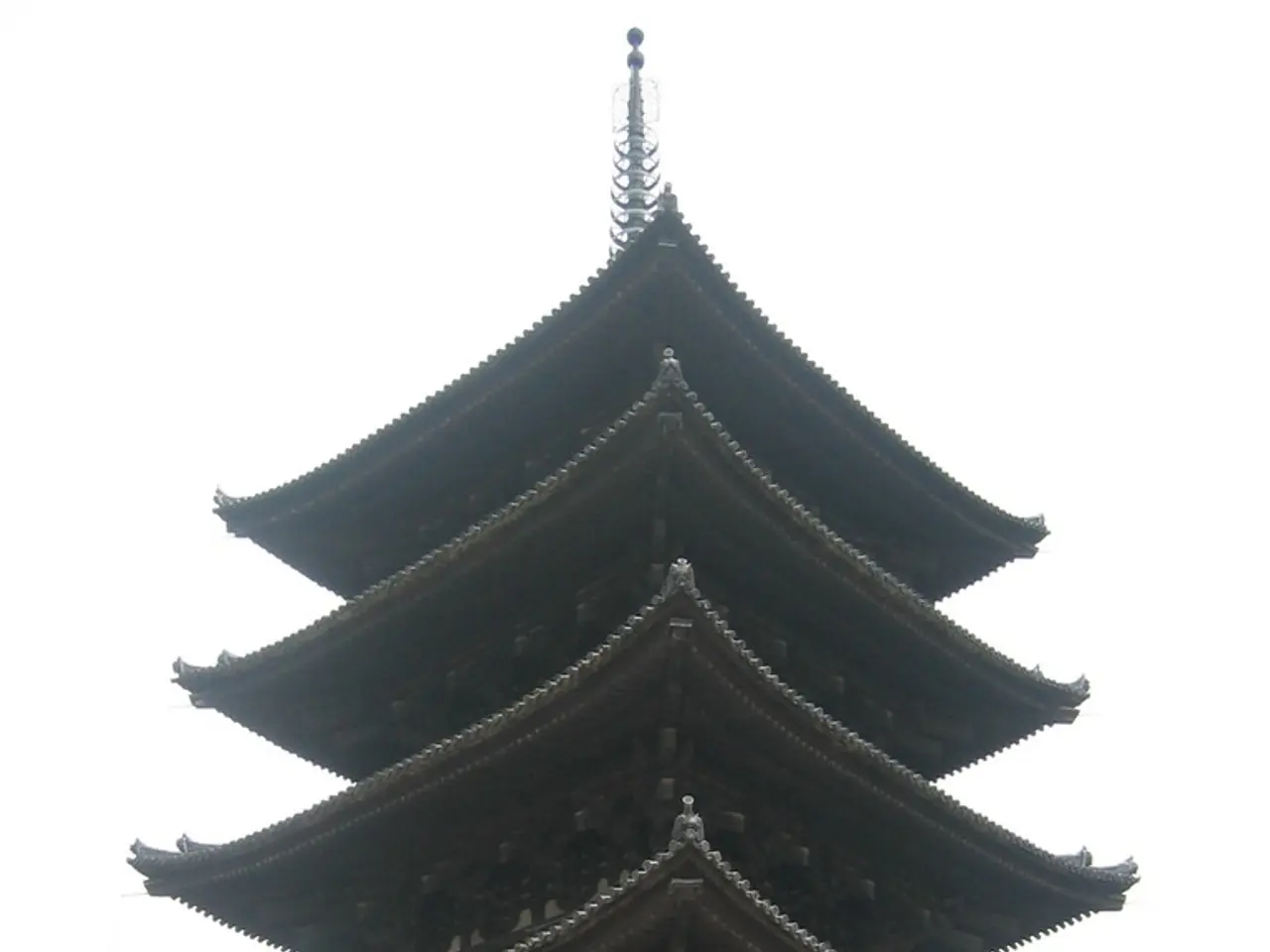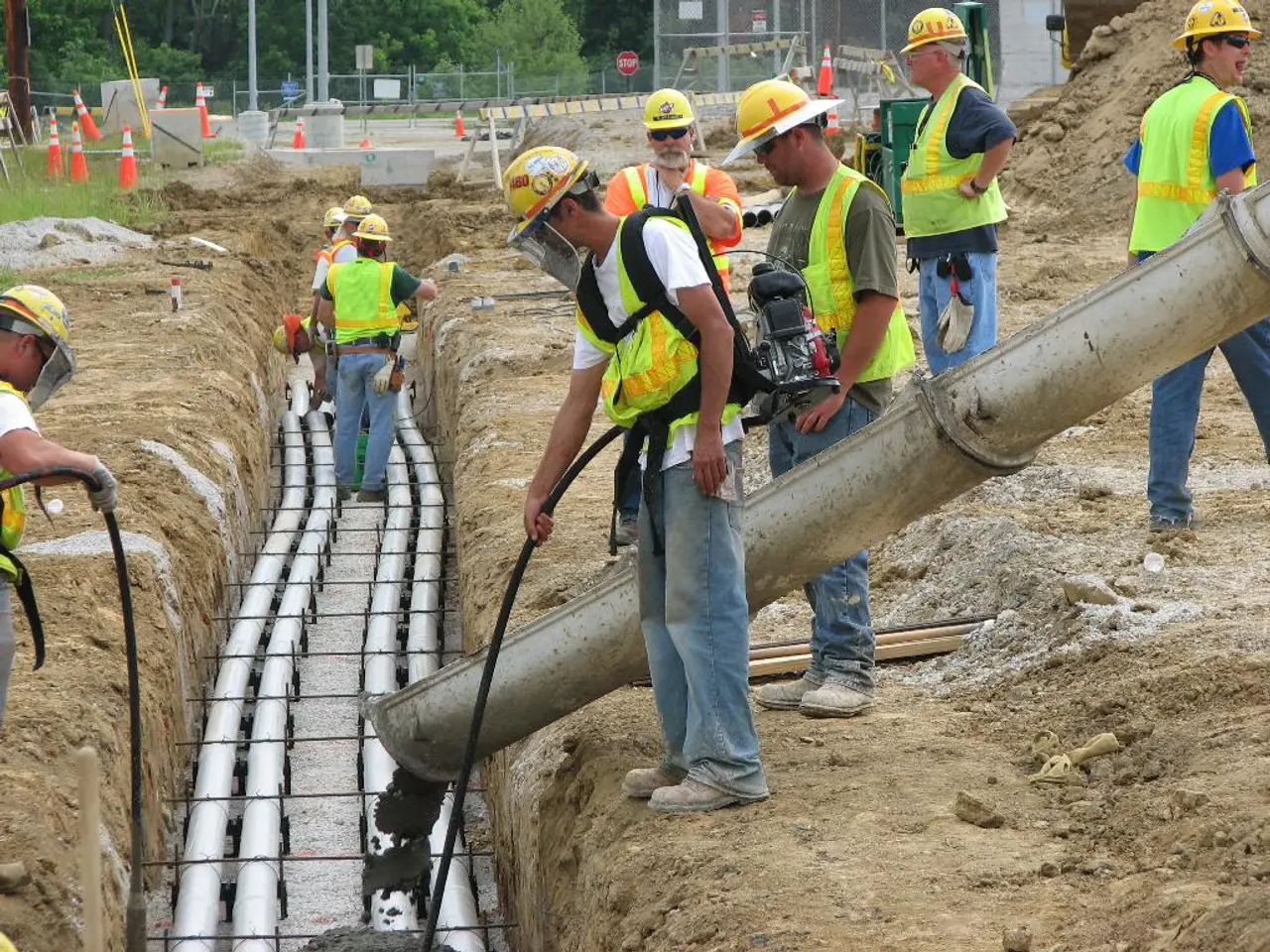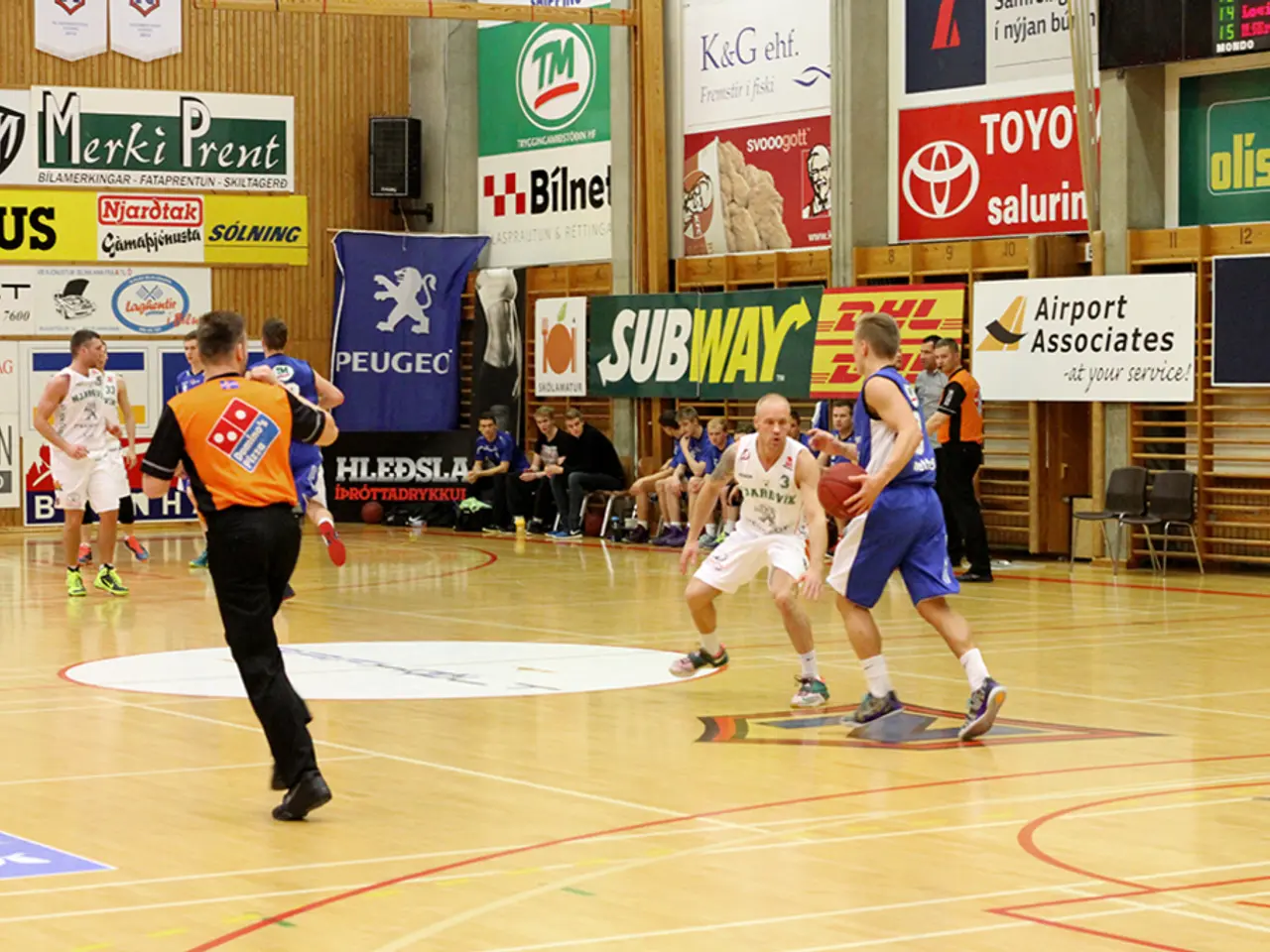War's Transformation Through Social Media: A Potential Increase in Empathy?
Hey there! Let's dive into the world of social media and its impact on how we perceive war and conflict.
In times past, wars were portrayed in simple terms of good versus evil, us versus them. The destructive aspects of wars, especially those that spanned the globe like World War II, were typically distant from the daily lives of civilians. Information about the true toll of war was kept away, censored and sanitized, leaving people with a limited and abstract understanding.
However, with the rise of social media platforms, war has become an immediate, tangible experience, shared and experienced in real-time. Gone are the days of newsreels, as we follow conflicts minute-by-minute on our screens with often graphic images, videos, and personal accounts. Through platforms like Twitter, Instagram, Facebook, and TikTok, people share their real-life experiences and the tragic consequences of war.
This transformation helps us get closer to understanding the human side of warfare, but does it truly humanize and empathize us, or does it merely trivialize suffering for entertainment's sake?
Images of violence can have an intense impact, but prolonged exposure to such content raises questions about desensitization. Studies show that repeated exposure to violence can lead to emotional numbness and empathy reduction. Does this mean that we're becoming desensitized to the human suffering that war causes?
Moreover, the speed at which information spreads on social media creates a culture of snap judgments and quick polarization. Social media amplifies emotions and opinions, shaping them based on incomplete or inaccurate information. It's vital that we remember the complexities of geopolitical situations, lest we oversimplify conflicts and compromise our understanding.
Social media offers a new way of empathizing by bringing us closer to the people living through war. Through personally shared stories, we learn of the hopes, dreams, aspirations, and struggles of those directly impacted by conflict. This fosters empathy in a way that traditional media could not.
Activism has also found a new platform through social media, with global campaigns launched with a simple hashtag. It allows us to come together in solidarity, supporting victims of war or advocating for peace at the touch of a button.
Despite its benefits, social media is not without its dark side. The spread of misinformation and propaganda can escalate violence and perpetuate harmful stereotypes. Misinformation, often taken out of context, can distort the reality of situations, creating a fog of confusion and fueling tensions.
In conclusion, social media offers a unique lens through which we view war and conflict, but its impact is a double-edged sword. While it holds the potential to humanize war, it can also lead to desensitization and the spread of misinformation. It's our responsibility to use social media as a tool for empathy, truth, and understanding, rather than a means to exploit suffering for our own purposes.
- The transformation in social media has made war and conflict more human, as people share their real-life experiences, including hopes, dreams, and struggles, during these conflicts.
- Reporting on war through social media platforms raises questions about desensitization, as prolonged exposure to images of violence might lead to emotional numbness and a reduction in empathy.
- Social media has become a powerful platform for activism, enabling people from all over the world to support victims of war or advocate for peace with a simple hashtag, demonstrating both its positive impact and potential for manipulation through misinformation and propaganda.








